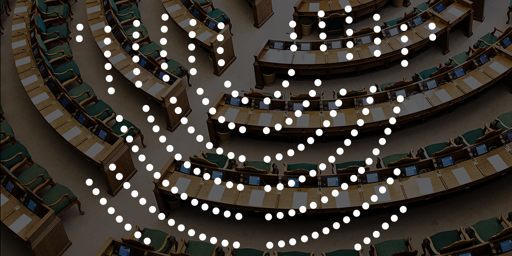Comments
Answer
Question no. 1425 (General part) from the Danish Parliament’s Legal Affairs Committee:
“Will the minister elaborate on the minister’s statement to TV2 on the 21st?”
August 2024, where the minister says: "We have to break with the totally mistaken notion that it is every man’s freedom to communicate on encrypted messaging services
(…)”?”
Answer:
We know that social media and encrypted services are unfortunately largely is used to facilitate many forms of crime. There are examples on how criminal gangs recruit completely through encrypted platforms young people to commit, among other things, serious crimes against persons. It is an expression of a cynicism that is almost completely incomprehensible.
We therefore need to look at how we can overcome this problem. Both in terms of what the services themselves do, but also what we from the authorities can do. It must not be the case that the criminals can hide behind encrypted services that authorities cannot access access to.
Therefore, we, as a government, will also strengthen the police’s capabilities in the area of decryption, of course under appropriate legal guarantees, as is also the case today. In addition, the Ministry of Justice has The Criminal Justice Committee has just started working on a terms of reference that will look at the challenges that technological developments present to the police investigation, including the use of encrypted messaging services.
I also note that steps have been taken within the EU towards a strengthened regulation of, among other things, digital information services and social media platforms.
For example, the European Commission has proposed a new Regulation on rules for preventing and combating sexual abuse of children. The proposed regulation contains rules on obligations for certain online services to minimize the risk of their services being misused for online child sexual abuse, and the services can, if necessary, be required to track down, report, remove and block access to material showing sexual abuse of children.



If a person talks to another person in person and there’s no recording device around to capture the conversation, then that conversation is just as invisible to the government as an encrypted message is, and such communication has been used to facilitate crime since the invention of laws to break. By the same arguments one could use to argue for a ban on encrypted messaging, could one not also argue that it should be illegal to talk to another person without a government-acessable recording device in use?
You can’t speak at range and speech is not as effective in a one-to-many deployment, not if you want to keep it secret.